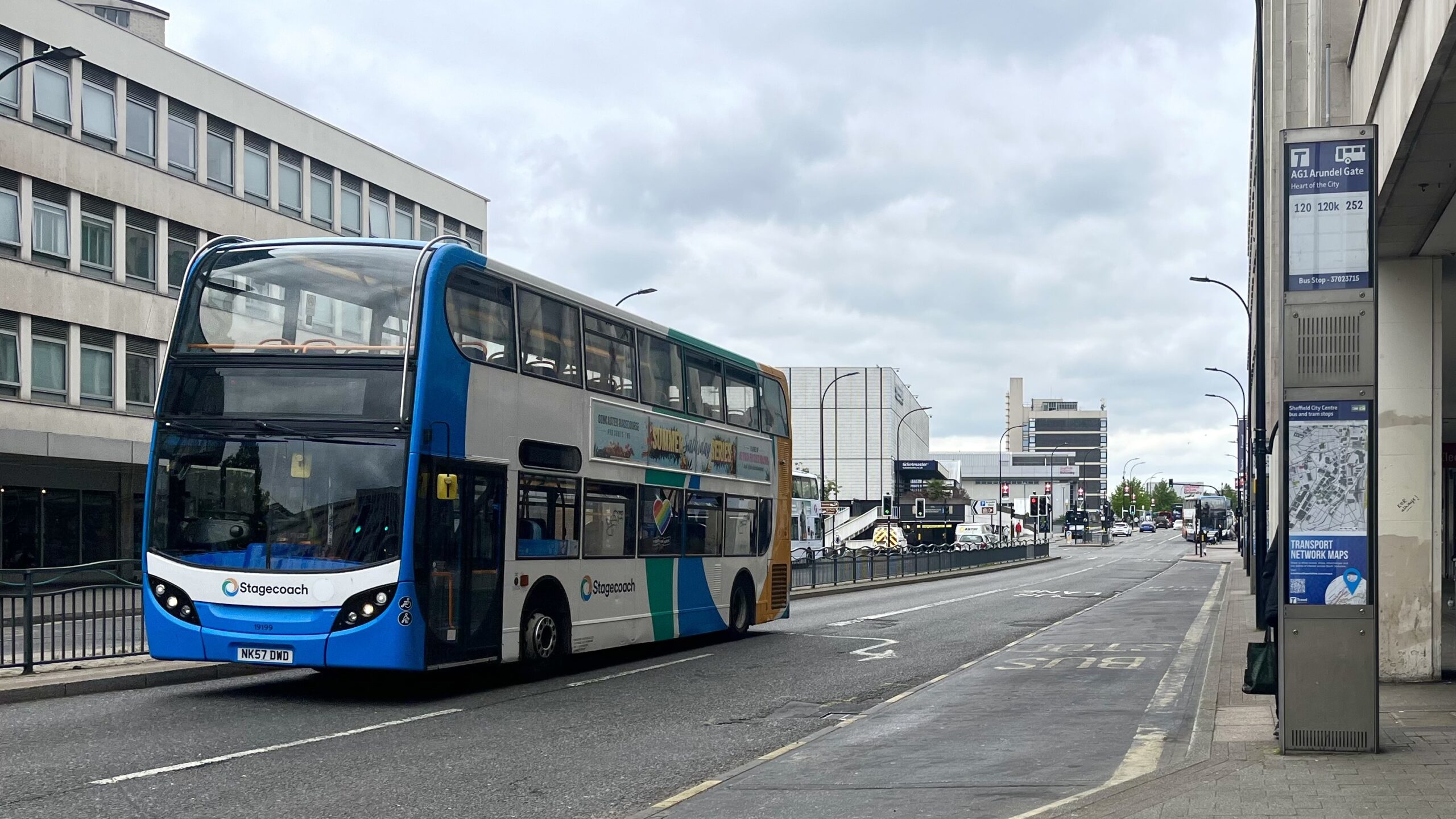Sheffield City Council gave the go-ahead for new, disruptive traffic regulations between the City Centre, Attercliffe and Darnall, despite concerns from residents and businesses.
Objections were raised due to the proposal of double yellow lines, bus lanes, prohibited manoeuvres, road closures, one-way restrictions and more.
But a council meeting on April 30 heard these regulations were deemed necessary to fulfil the objectives of Connecting Sheffield: City Centre to Attercliffe and Darnall, a cycling, walking and public transport infrastructure scheme to improve accessibility and make the areas more attractive to live, work and invest in.
Andrew Shearer, Senior Transport Planner at Sheffield City Council, said: “This is an important and significant sustainable transport intervention, which aims to transform sustainable access for residents and businesses.
“The benefits resulting from the implementation of the project are deemed, on balance, to outweigh the objections and concerns that have been raised against the proposed traffic regulation order.”
However, a resident objected to the double yellow lines on Roundel Street as it is used by council transport staff, local worshippers at Aaliyah Mosque and the public, and claimed that it would cause ‘unnecessary hardship for all and discourage mosque worshippers, negatively impacting the community’.
This was then removed from the Traffic Regulation Order, and was the only modification to the original proposal.
Many businesses objected to the regulations, such as the implementation of double yellow lines on Foley Street. One business said it will have a ‘massive effect’ and there will be ‘nowhere else’ for their staff to park, and another said it will cause the business to ‘suffer’.
Sheffield City Council responded to these concerns and expect to retain at least 10 parking spaces on Foley Street, however, this may not be adequate for the number of businesses and their customers or associates.
Councillor Ruth Mersereau had concerns with the ‘effectiveness of the scheme if parking restrictions aren’t properly enforced’, with only 56 penalty charge notices issued last year on Attercliffe Road and for the safety of pedestrians, including ‘disabled people, young people and older adults’.
The scheme received some support, as it aims to increase active travel and reduce car use for short trips, aided by largely segregated cycle routes and bus priority measures to improve bus journey times and reliability.




